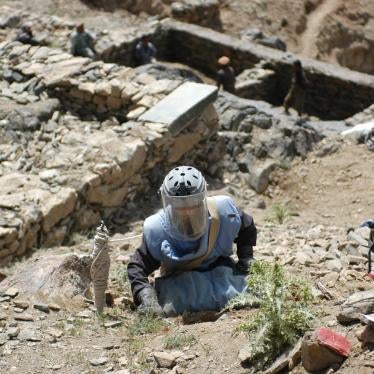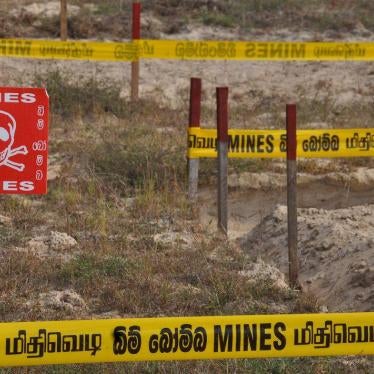I thank my colleague for that powerful statement reminding us of why we are here. Preventing future victims and meeting the needs and the rights of existing victims is at the heart of what we are collectively doing.
The Mine Ban Treaty is rightfully considered the shining example of humanitarian disarmament, putting people and humanitarian impact above all else. Without question, the treaty has saved hundreds of thousands of lives and limbs.
Regrettably, in recent years, the glow from the treaty has been rubbing off. Questions are being raised about the diminished effectiveness of the treaty. Such questions are due in part to the ongoing need for more and better victim assistance. The questions also reflect the increased use of improvised antipersonnel mines, and the accompanying increase in landmine casualties. The questions reflect the embarrassingly low compliance rate with the Article 7 transparency reporting requirement, and the seeming abuse of the exception for retaining mines. The questions reflect the seemingly willful violation of the treaty by Eritrea. Unfortunately, the list goes on.
The ICBL is especially disturbed by the state of Article 5 implementation, with extensive delays in clearance by many States Parties, with a lack of compliance with extension decisions and with Oslo Action Plan commitments. Only a handful of States Parties seem to be on track to meet deadlines on or before 2025, the aspirational completion target. The delays in clearance translate directly to ongoing human suffering.
The request for and granting of extension requests has become routine and the norm, not the exception, as originally envisioned. It is time to change this situation. It will take concerted action by all States Parties. A strengthening of the Article 5 extension request analysis and decision-making process is needed. The ICBL has a proposal in that respect that we will share.
Lastly, the pandemic has affected all pillars of mine action. It is a moment for States Parties to step up, not back. There is a need for greater flexibility and responsiveness to adapt to new circumstances. While funding has been substantial, it has gone to relatively few countries. All affected nations need access to adequate resources. To reach the goal of a mine-free world, no country can be left behind.
Thank you.








